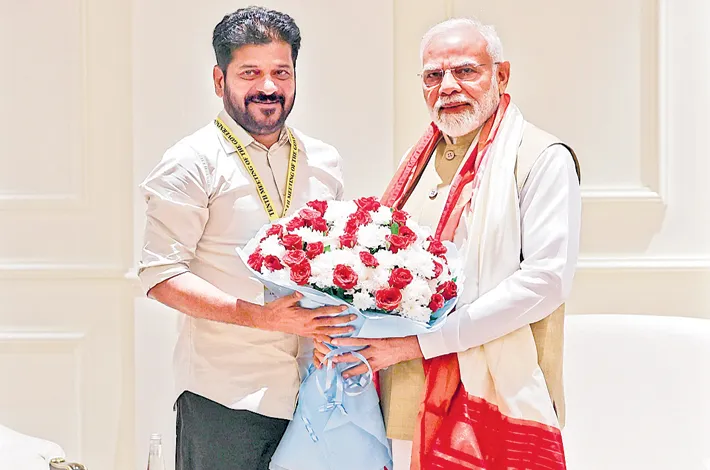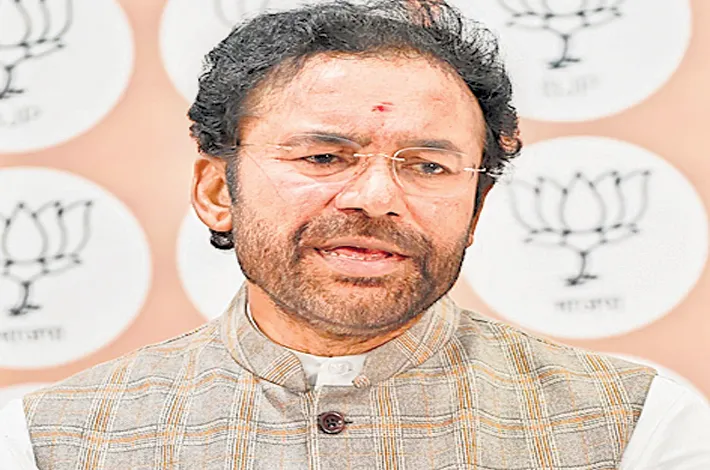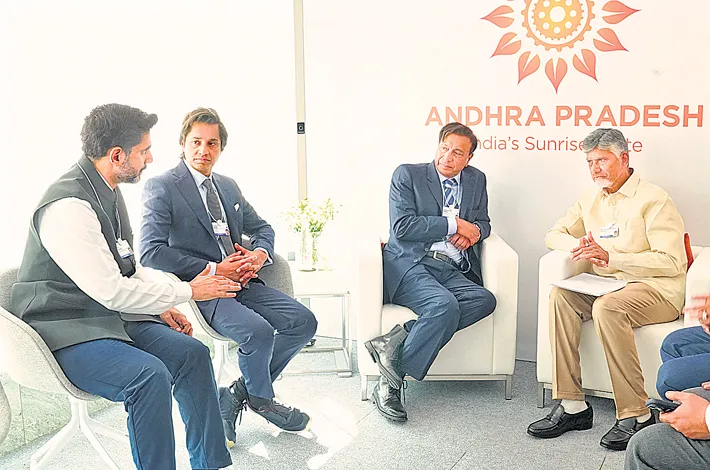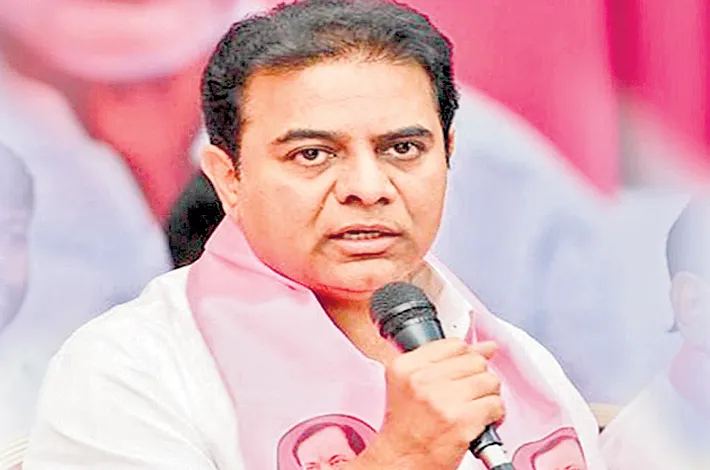Revanth presents ‘Telangana Rising’ Roadmap
25-05-2025 12:00:00 AM

metro india news I hyderabad
The Telangana Chief Minister A. Revanth Reddy outlined the ambitious “Telangana Rising 2047” vision—a comprehensive developmental blueprint aligned with the national mission of “Viksit Bharat” by 2047. Emphasising cooperative federalism, Revanth called for greater Centre-State synergy to transform India into a global superpower.
The Chief Minister opened his remarks at the 10th Governing Council Meeting of NITI Aayog by condemning the recent terror attack at Pahalgam and expressed deep condolences to the bereaved families. He applauded the Indian Armed Forces for their valour in Operation Sindoor and recalled the legacy of former Prime Minister Indira Gandhi’s decisive leadership during the 1971 Bangladesh Liberation War.
Revanth emphasised that Telangana’s ambition is to be among the first Indian states to achieve a $1 trillion GSDP within the next decade, highlighting the state's strong economic trajectory of doubling its economy every six years. He noted that the nation's progress depends on the inclusive development of all states and called for true cooperative federalism, stating that bold goals cannot be achieved without Centre-State collaboration.
CM reiterated Telangana’s aspiration to contribute 8% to India’s GDP by 2047, despite representing only 2.9% of the population. Calling for a national task force for India’s top metro cities, including Hyderabad, he stressed the importance of collective action. “With data-driven governance, inclusive growth, and shared responsibility, Telangana stands ready to lead in building a Viksit Bharat,” he stressed.
Empowering women and youth for Inclusive Growth
Central to Telangana’s growth model is a strong focus on social equity. The Chief Minister underscored the pivotal role of women in economic transformation, outlining initiatives under the Indira Mahila Shakti Mission. This includes a plan to economically empower one crore women through self-help groups (SHGs), supported by Rs 21,632 crore in interest-free loans, solar energy projects, SHG-run canteens and petrol pumps, and subsidised access to LPG and electricity. Other schemes like the Mahalakshmi Scheme provide free bus travel to women, and the Indiramma Housing Scheme ensures home ownership in women’s names.
The government is also actively investing in youth development, with over 60,000 government jobs already filled and another 1 lakh private sector jobs created. Telangana has set up institutions like the Young India Skill University, Sports University, and Police Residential Schools to equip youth with employable skills.
The upcoming Rajiv Yuva Vikasam initiative aims to support entrepreneurship among SC, ST, BC, and minority youth with Rs 5 lakh in self-employment assistance. Emphasis on skill training in areas like BFSI and advanced manufacturing, alongside upgraded ITIs and residential schools for underprivileged communities, reflects the state’s commitment to a future-ready workforce.
Driving Agricultural Reform and Industrial Growth
CM Revanth Reddy highlighted measures for farmers, including a massive Rs 20,616 crore loan waiver benefitting over 25 lakh farmers and the Rythu Bharosa scheme providing Rs 12,000 per acre per annum. Additional schemes support landless labourers, and Telangana now leads India in paddy production. He highlighted that such expenditure should be seen as an investment in food security, not just welfare.
Telangana conducted the SEEPEC Survey—India’s first caste, economic, and educational enumeration exercise, which now guides policymaking. It led to two key legislative actions: 42% reservation for BCs in education and employment, and sub-categorisation of SCs, making Telangana the first state in India to do so post-Supreme Court ruling, the CM stressed.
On the industrial front, Revanth showcased Telangana’s rapid strides in attracting Rs 3 lakh crore in foreign investment and developing the Bharat Future City, India’s first net-zero greenfield smart industrial hub. Projects like Kakatiya Mega Textile Park, New Energy Park for Li-ion batteries, and four new industrial corridors (Hyderabad-Nagpur, Warangal, Bengaluru, and Vijayawada) are poised to create lakhs of jobs.
The state’s clean energy targets—40 GW by 2035—and initiatives such as EV tax waivers, solar incentives for SHGs, and pumped storage projects underscore its green growth strategy. PM Modi chaired the NIT Aayog meet that was attended by various CMs, including AP CM Chandrababu Naidu, TN CM MK Stalin, UP CM Yogi Adityanath, among others. Also in attendance were key Cabinet Ministers








